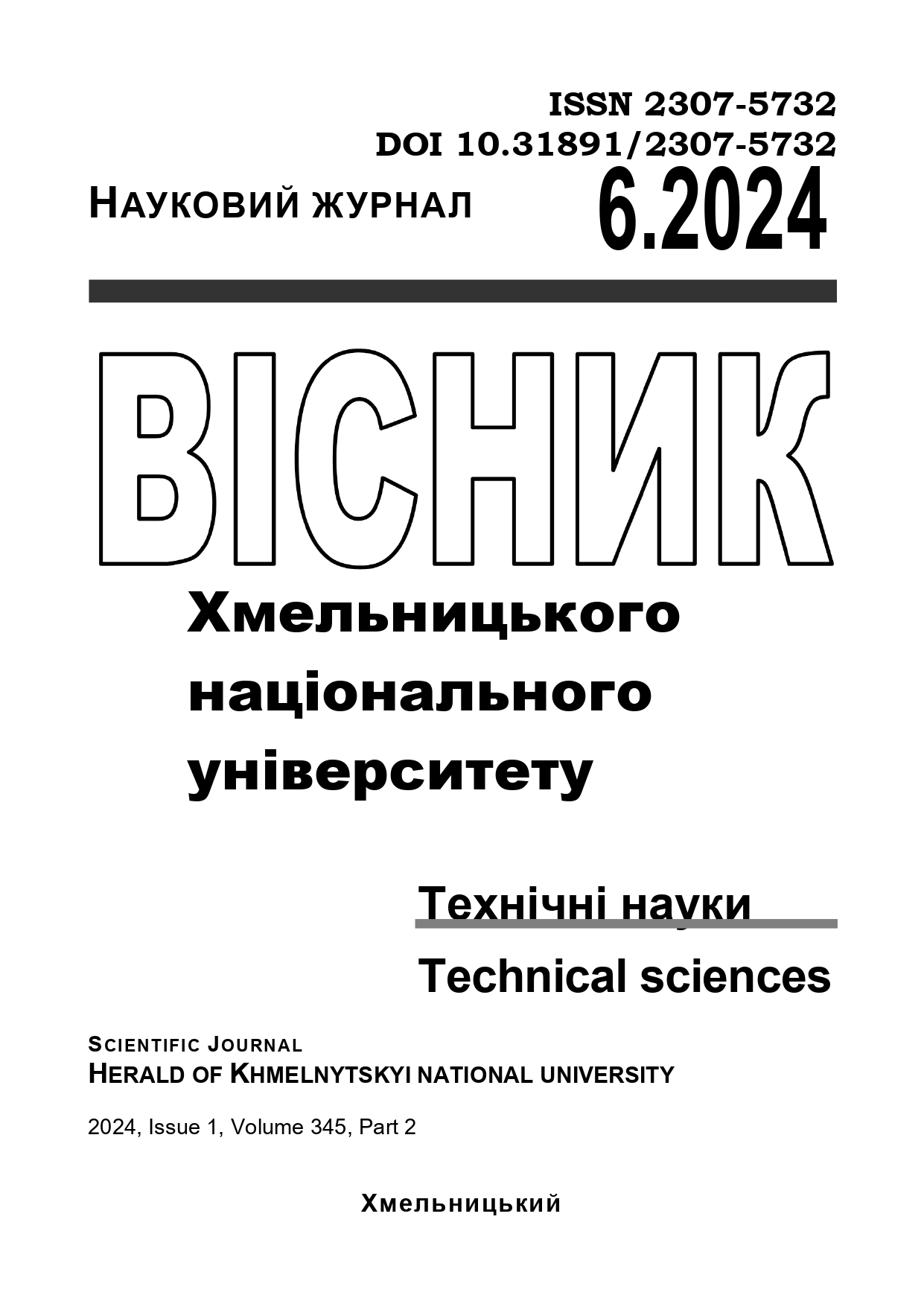USING ARTIFICIAL INTELLIGENCE AND MACHINE LEARNING FOR AUTOMATING SOFTWARE TESTING PROCESSES IN UKRAINE
DOI:
https://doi.org/10.31891/2307-5732-2024-345-6-2Keywords:
artificial intelligence, machine learning, software testing, predictive analytics, AI toolsAbstract
The paper analyzes the use of artificial intelligence (AI) and machine learning (ML) for automating software testing processes. It has been determined that AI and ML are effective in various fields, from medicine to finance. However, due to continuous development, AI opens new opportunities for automating and optimizing testing processes. The article aims to analyze the application of AI and ML technologies for automating software testing processes, identifying key advantages and challenges, and determining their potential in the context of the Ukrainian IT sector. The primary purpose of software testing is to verify the absence of defects, errors, or failures in test elements. It has been established that AI technologies enhance automated testing methods, incorporating properties such as machine learning, natural language processing, predictive analytics, and test coverage. An analysis of various types of testing automation processes is presented in the form of a pyramid based on the complexity of tasks and cost. User interface testing is placed at the top level because it is the most expensive type of testing. Test automation can be implemented at lower levels, such as API or module levels, to achieve optimal test coverage and reduce time and costs. It has been noted that the greatest benefit of AI is observed in black-box testing. An analysis of the most common AI tools for test automation has been conducted. Several challenges related to the implementation of AI and ML in software testing processes have been identified, including a lack of qualified personnel, integration with legacy systems, data quality issues, lack of transparency, cost, and security concerns. At the same time, the advantages brought by AI to the testing process have been highlighted, such as increased accuracy, the involvement of a larger user base, benefits for developers and testers, an increase in the total number of tests conducted, and economic benefits. It is shown that a promising direction for further research in this area is AI-driven predictive analytics, which will play an important role in identifying all possible tests and making software products more robust, reliable, and capable of exceeding customer expectations.

